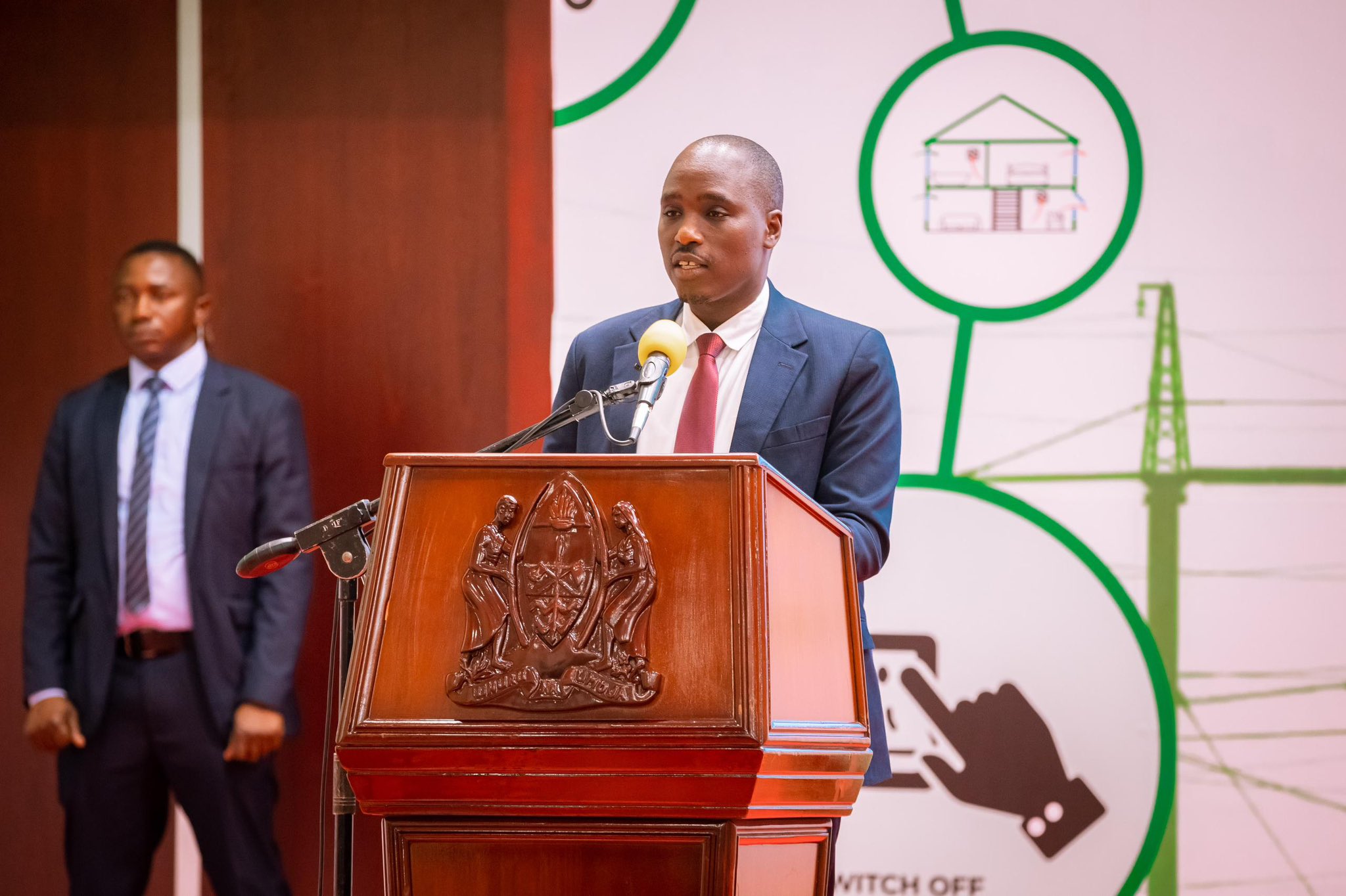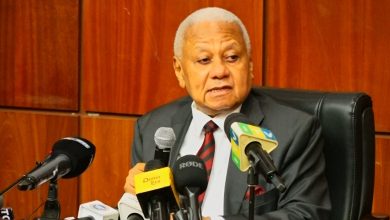Biteko urges investment in energy research, tech for EAC, SADC

ARUSHA: DEPUTY Prime Minister and Minister for Energy, Dr Doto Biteko has underscored the importance of investing in research and technology for successful implementation of energy-saving initiatives across East African Community (EAC) and South African Development Community (SADC) member states.
Dr Biteko said the commitment will not only foster sustainable development but also enable communities to harness energy efficiency solutions tailored to their unique needs.
“We must ensure that technology is both accessible and affordable, while investing in research, development and local manufacturing capabilities, is key to meeting the diverse needs of communities across the region,” Dr Biteko said.
Dr Biteko made the remarks while opening a 2-day Regional Energy Efficiency Conference (REEC) with a theme ‘Advancing Energy Efficiency for Sustainable Development’ and launching of Tanzania Energy Efficiency Strategy (2024-2034) in Arusha on Wednesday.
He said that adopting energy-efficient technologies not only reduces operational costs for businesses and households but also generates savings that can be reinvested into innovation and community development.
“By partnering with private sector innovators and training institutions, we can build a workforce that is skilled, knowledgeable and equipped to maintain and advance energy-efficient technologies,” he added.
He also said that energy efficiency plays a vital role in advancing the Tanzania’s National Clean Cooking Agenda championed by President Dr Samia Suluhu Hassan.
“Promoting energy-efficient cooking technologies and cleaner fuels helps to reduce household energy costs, improve indoor air quality and protect forests from excessive wood fuel consumption as cleaner and more efficient cooking solutions address public health by reducing harmful emissions, “ he said.
Dr Biteko noted that the REEC Conference gives room to the participants to address the most critical challenges of the contemporary time and creating sustainable energy-efficient communities regions.
ALSO READ: Biteko directs RCs to implement National Action Plan for people with albinism
“We are privileged to host this conference at a time when our national energy strategies are firmly aligned with harnessing the potential of renewable energy including geothermal energy, for the benefit of both Tanzania and the broader region,” said Dr Biteko
However, he noted that, according to the latest IEA data, global energy efficiency improved by only 1.1 per cent in 2023 below the target while in the EAC and SADC regions the progress varies as each country follows distinct paths in implementing policies, strategies and technologies.
In another development, Dr Biteko commended the EU, UNDP, the Embassy of Ireland and other development stakeholders for their generous support in implementing Tanzania’s first Energy Efficiency Action Plan.
On his side, Deputy Minister for Land, Housing and Human Settlement Development, Geofrey Pinda, outlined several crucial areas of discussion aimed at promoting sustainable energy practices across the region including adopting energy-efficient technologies while ensuring that no community is left behind in the process.
The Deputy Minister also expressed the significance of promoting energy efficiency technologies in manufacturing and infrastructure development.
“We must encourage the adoption of energy-efficient solutions in these sectors without sacrificing equality or compromising on the scale of development,” Pinda said.
Speaking earlier, Head of Cooperation, Delegation of the EU to Tanzania and EAC, Mr Marc Stalmans and World Bank Country Director, Mr Nathan Belete, among other things noted that more energy efficiency helps to improve the lives of the people.
“This is the first regional organisation conference, of course, energy efficiency, renewable energy, climate change, are the top priorities of the European Union,” said Mr Stalmans.
While Belete stressed “In Sub Saharan Africa, approximately 5 million people lack access to modern energy service. This energy deficit hampers economic growth, limits educational opportunity and exacerbates the health of our citizens. By improving energy efficiency, we can make significant strides in addressing all these challenges.”





